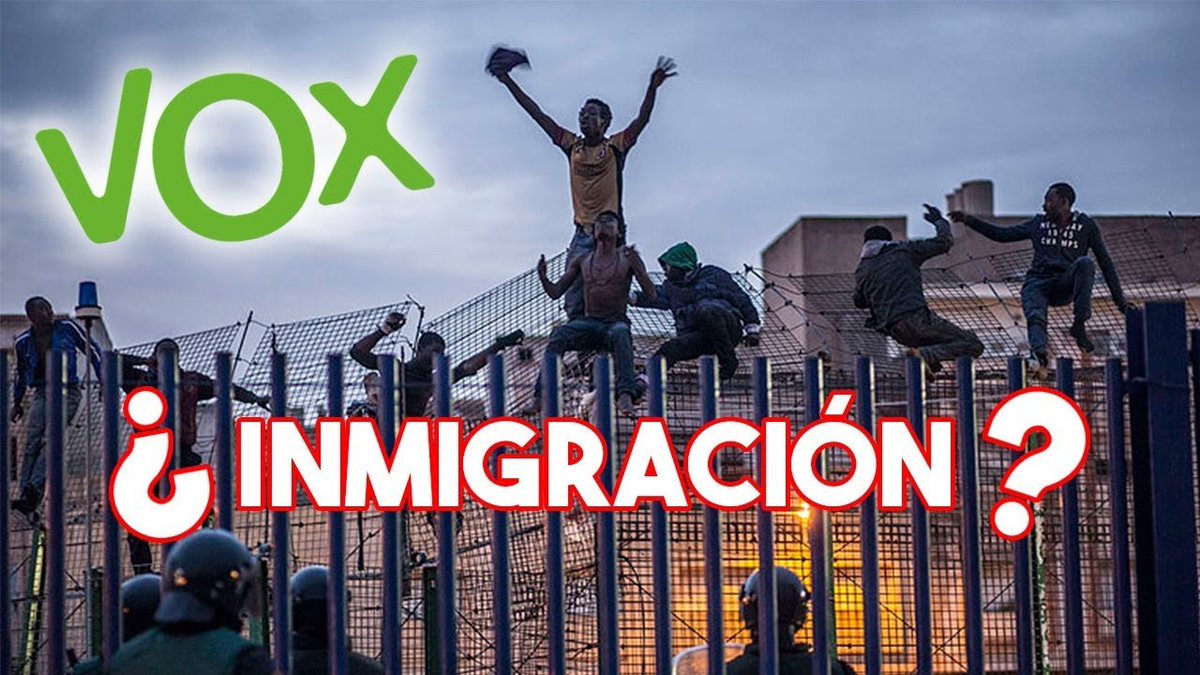👇👇👇
advance.
their individual circumstances.
immediate handover, carried out by Spanish border guards.
Schengen area, ...
that the respondent State had not provided genuine and effective access to that border crossing point
apart from the doubts surrounding this allegation owing to the fact that it had been made at a very late stage of the procedure, the Court noted that at no point had the applicants claimed that the obstacles encountered were the responsibility of the Spanish authorities.







